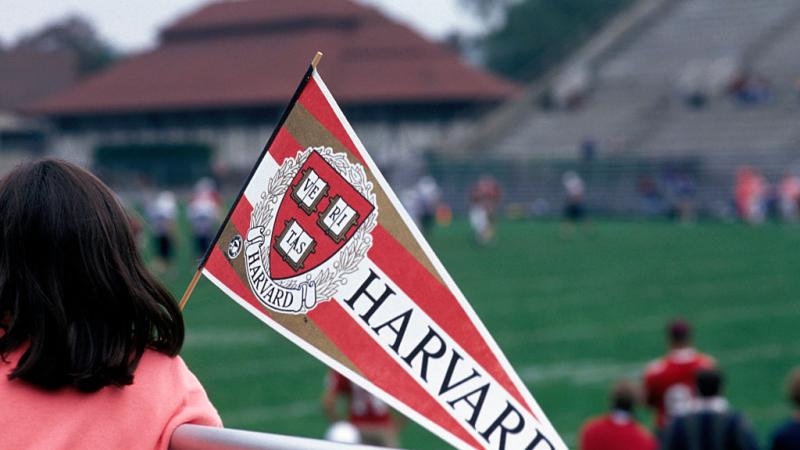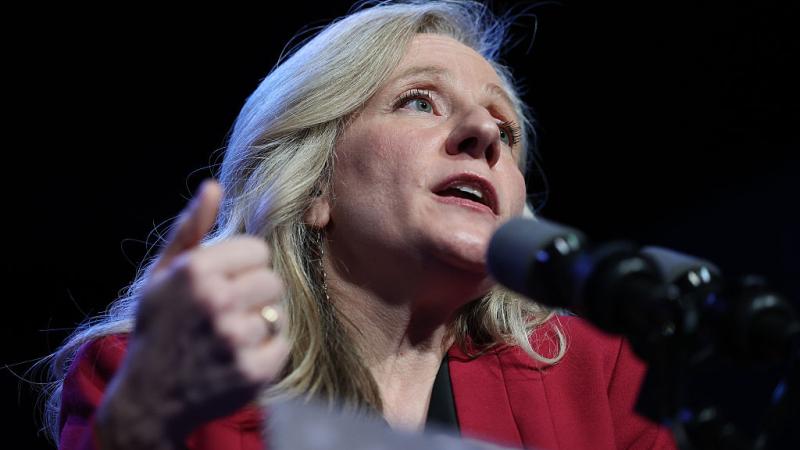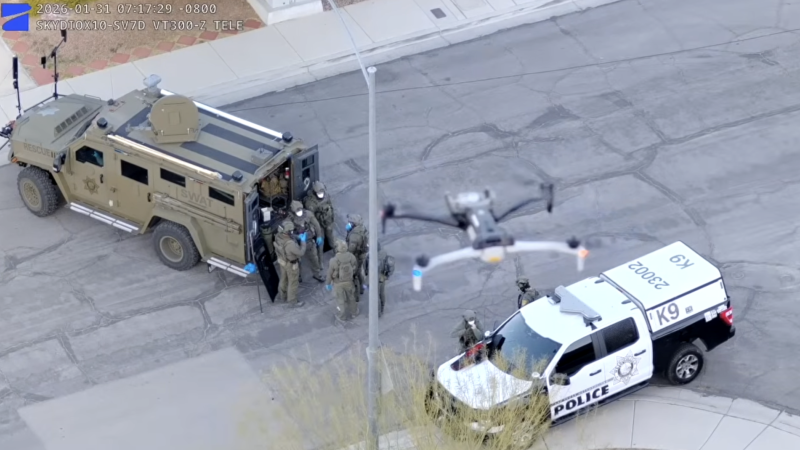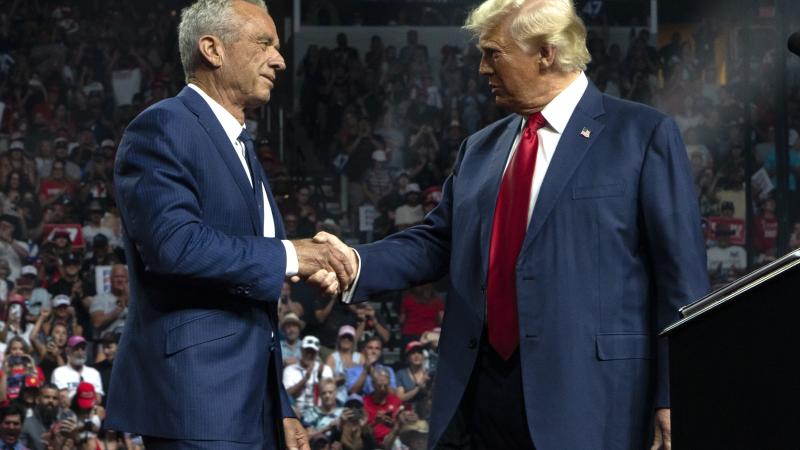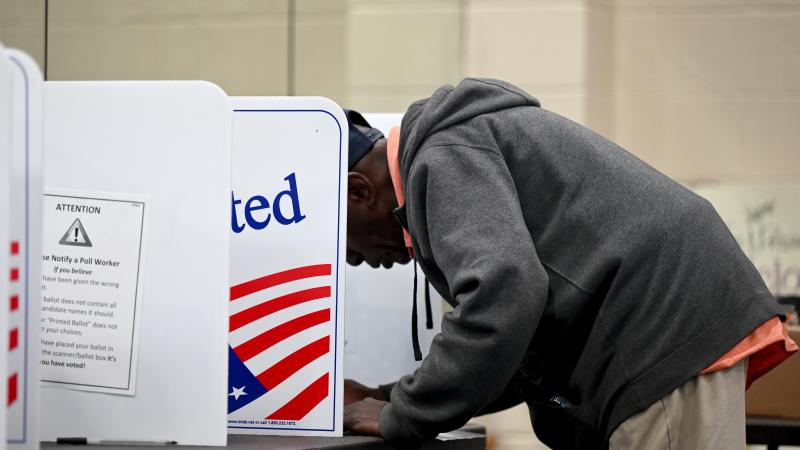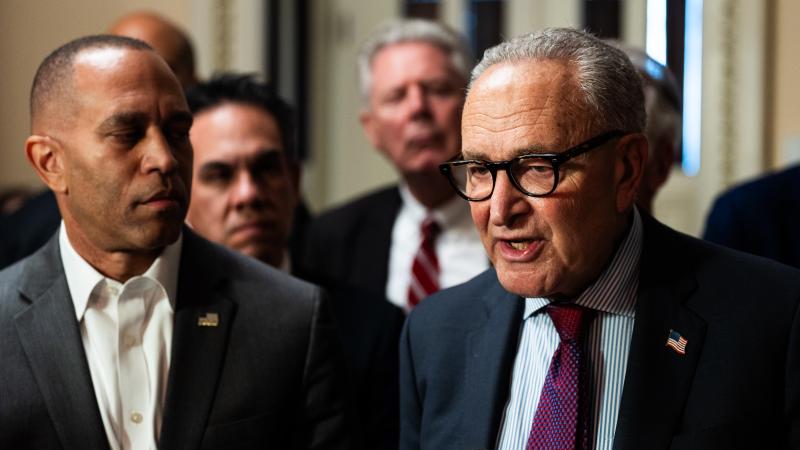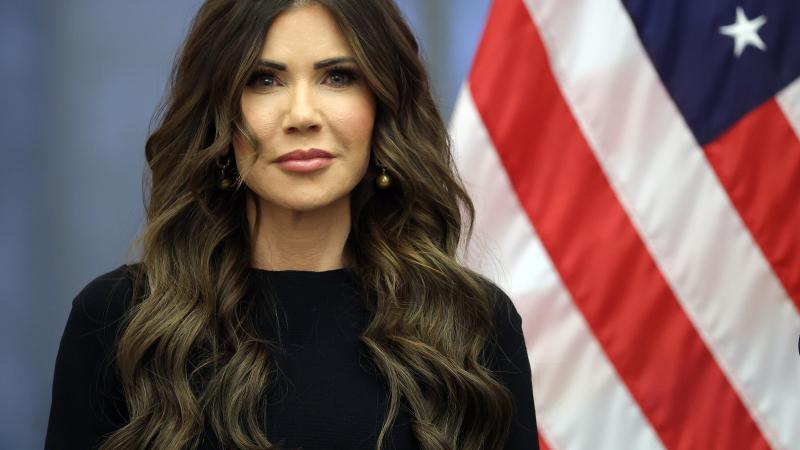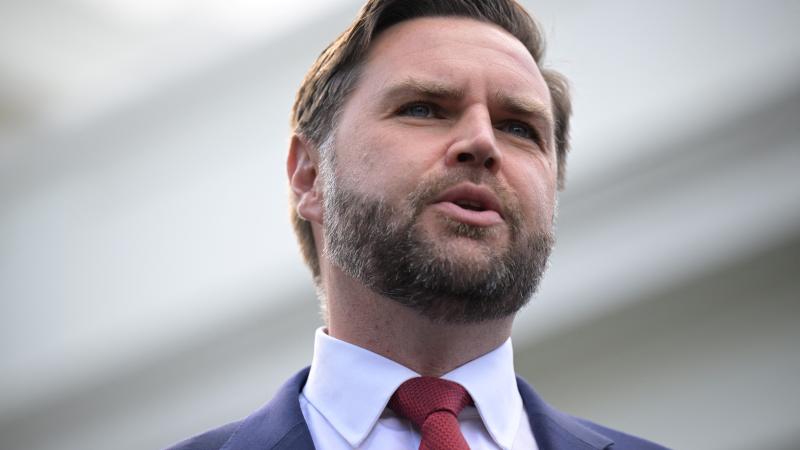Critical race theory debate heating up in Ohio General Assembly
School districts, teachers unions, student groups and parents lined up at the Ohio House to testify against two bills that would stop schools from teaching what sponsors called “divisive concepts” in the classroom. The House State and Local Government Committee heard
School districts, teachers unions, student groups and parents lined up at the Ohio House to testify against two bills that would stop schools from teaching what sponsors called “divisive concepts” in the classroom.
The House State and Local Government Committee heard more than three hours of testimony Wednesday during the third hearing for both House Bill 322 and House Bill 327. Each prohibits teaching concepts that are part of the nationwide critical race theory movement critics say purports the U.S. is a fundamentally racist country.
The theory is centered around the idea that race is a social construct used to oppress people of color. It was developed by legal scholars in the late 1970s and 1980s and concludes racism in America is systemic. Critical race theory gained new notoriety in response to the 1619 Project, a New York Times multimedia piece that connects slavery to capitalism.
Bill opponents called the legislation censorship and dangerous.
“Schools should be a place of opportunity; places where students can learn how to think critically, value each other’s experiences and understand our past and present realities,” Rep. Brigid Kelly, D-Cincinnati, said. “These bills move Ohio in the wrong direction – backwards.”
Proponents have testified promoting the theory in public schools is a form a bullying and tears down strides that have been made as part of the civil rights movement.
“Let me leave no doubt: the push to teach such divisive concepts as those outlined in the legislation does not fix the problem but instead creates an environment where learning and the pursuit of truth is forfeit,” Barry Sheets, legislative consultant for the Center for Christian Virtue, testified earlier this year.
Rep. Don Jones, R-Freeport, introduced HB 322, which would prohibit critical race theory and action civics in Ohio’s K-12 curriculum. It would stop any state agency, school district or school from teaching or training anyone to adopt or believe concepts surrounding critical race theory.
Specifically, Jones' bill addresses concepts such as:
• One race or sex being inherently superior to another;
• An individual, by virtue of the individual’s race or sex, is inherently racist, sexist or oppressive, whether consciously or unconsciously;
• An individual should be discriminated against or receive adverse treatment solely or partly because of the individual’s race;
• An individual’s moral standing or worth is necessarily determined by the individual’s race or sex;
• An individual, by virtue of the individual’s race or sex, bears responsibility for actions committed in the past by other members of the same race or sex;
• The advent of slavery in the territory that is now the U.S. constituted the true founding of the U.S.; and
• With respect to their relationship to American values, slavery and racism are anything other than deviations from, betrayals of or failures to live up to the authentic founding principles of the U.S., which include liberty and equality.
Rep. Diane Grendell, R-Chesterland, introduced HB 327 in mid-June, saying the legislation is to promote education, not indoctrination, by prohibiting school districts, schools, teachers and state and local entities from promoting divisive concepts.
The bill defines divisive concepts as training or requiring someone to believe that they are better or worse than another person based solely upon the external characteristics of “nationality, race, color, ethnicity, religion, or sex,” similarly described in the Civil Rights Act of 1964.

